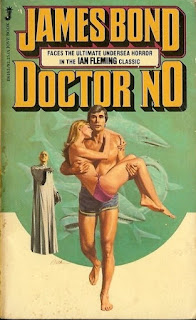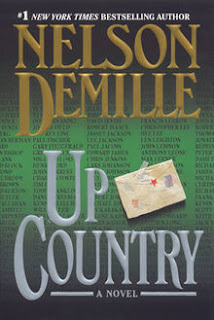 On Top of the World with Tintin
On Top of the World with Tintin
I
don’t know about you, but when I see Tintin reviews that use terms like
“spiritual,” “mature,” and “deeply personal,” I get nervous. I know what I like
about Tintin, and those ain’t them.
So
I came to Tintin In Tibet with trepidation, not only because it came while
author Hergé began losing interest in his towheaded brainchild but
also because it has the reputation for being very different from those earlier
volumes that entertain me so.
Here’s the thing: Tintin
In Tibet is different, yet very enjoyable. And despite what critics say,
it’s still Tintin; at times jagged and at other times very efficient, yet consistent in delivering the same joys as yore. So dig in!

















































